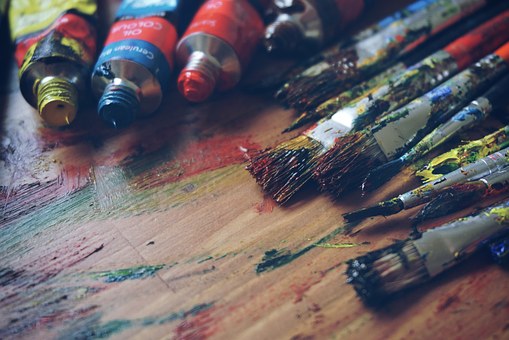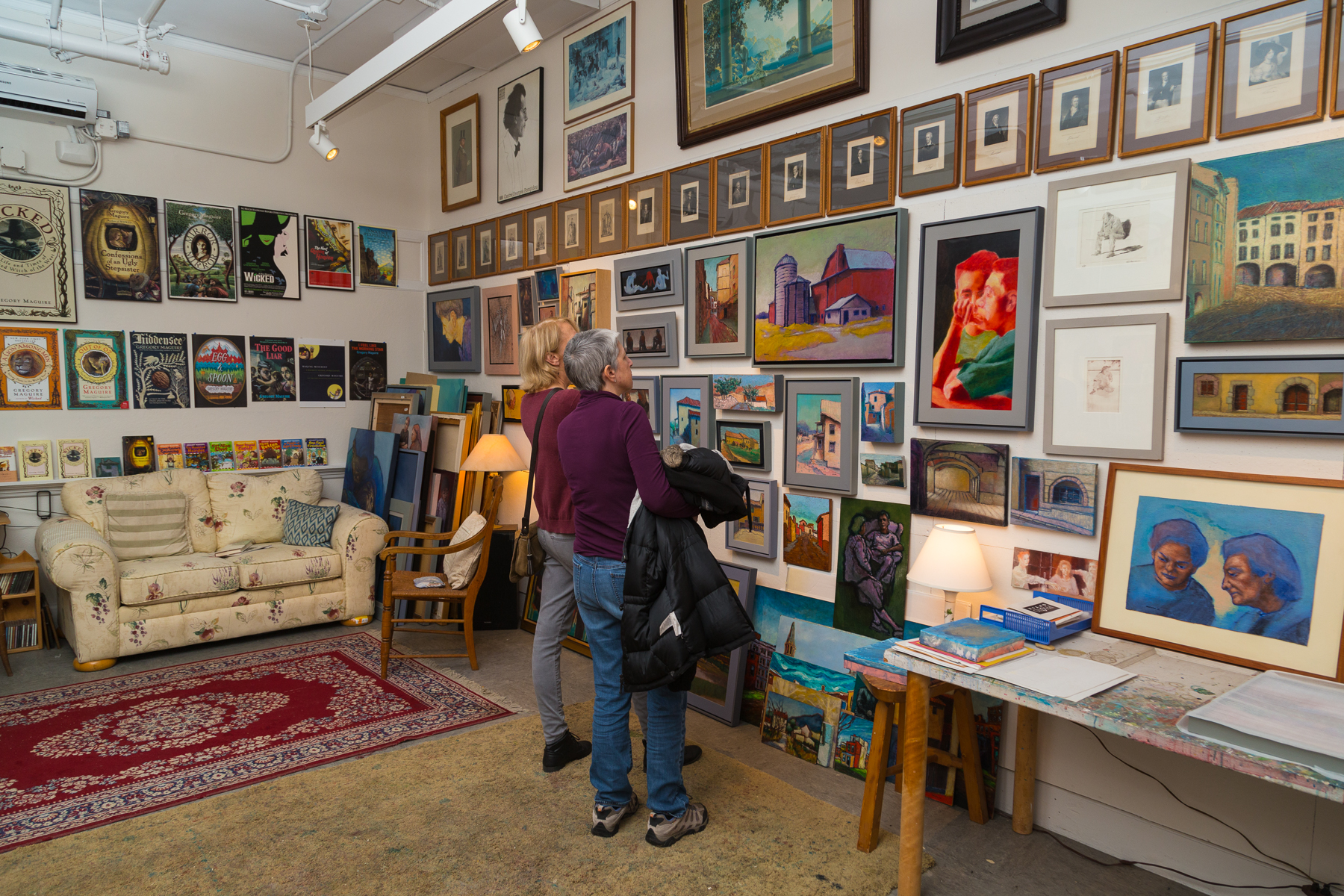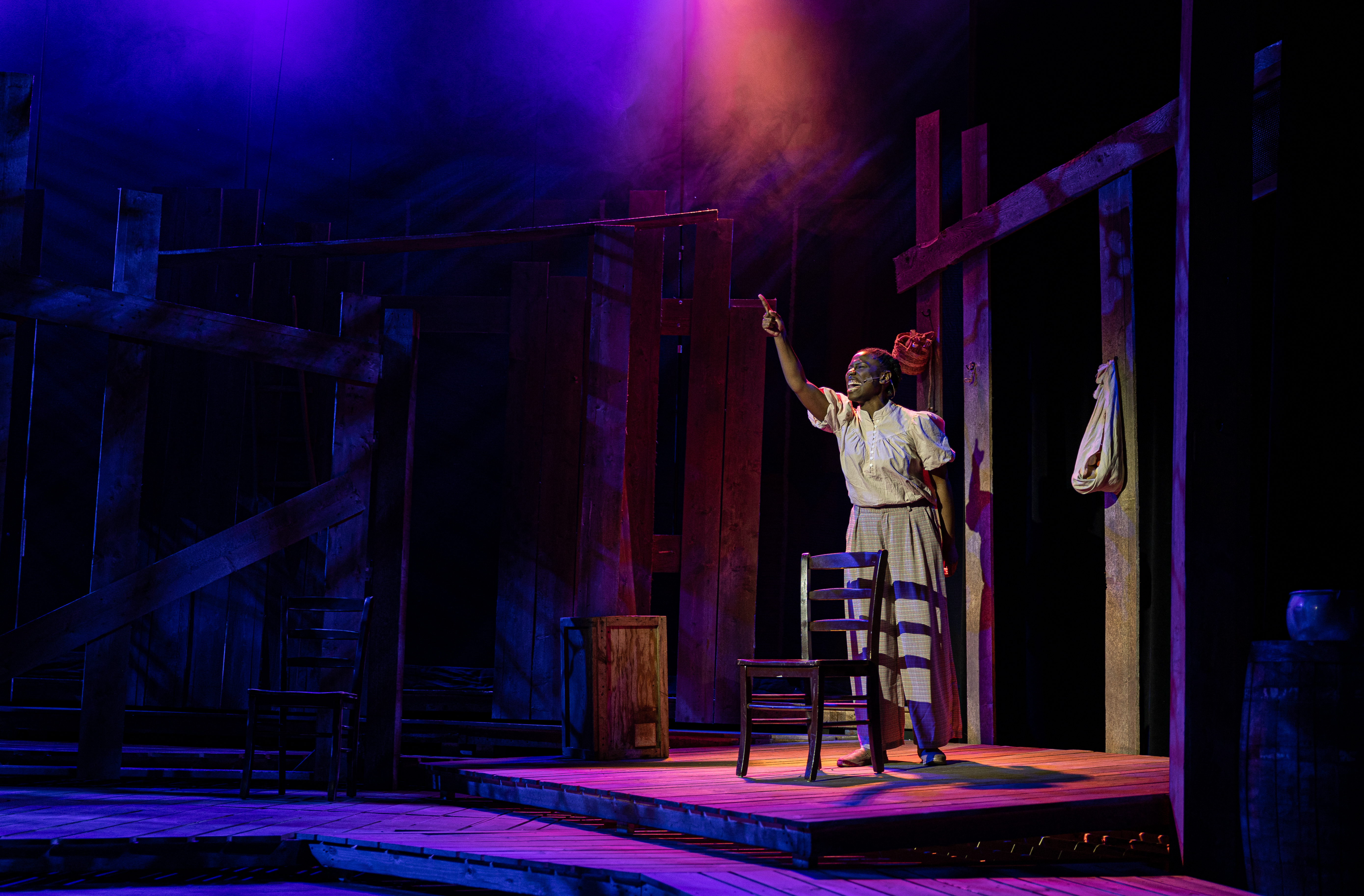Cultural Reflections: "Politicians don't bring people together. Artists do."
April 2, 2016 by Laura
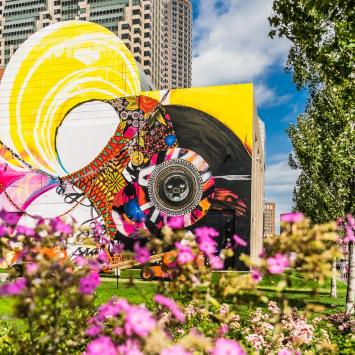
"Politicians don't bring people together. Artists do."
–Richard Daley, Former Mayor of Chicago
Great places depend on their artists in order to thrive.
Communities around the world are facing critical challenges that require creative ideas and solutions. From income equality to healthcare to education, all challenges could use an artist’s mind, a creative question or a critical thinker to help us find our way to a more healthy and successful future. Artists can illuminate truth and offer transcendent experience in a far too literal and politically divisive world. They challenge us to feel and connect us to our common humanity.
Almost every community already has artists, although this readily available resource is often untapped and underdeveloped. We need better tools to help people find and collaborate with artists, while artists need not just an invitation but a charge to engage with their communities.
Mark Davy, founder of London’s Futurecity, an innovative placemaking and cultural strategies agency, focuses on integrating artists and culture into urban design and private development projects. He proposes that developers should not simply set aside certain walls for an artist to come in and fill after the project is complete. Artists should be at the table from the beginning to collaborate on setting the direction of the project.
The city of Boston is now making strides by establishing a cabinet level position and hiring Julie Burros as Chief of Arts and Culture. She understands artists bring a unique set of tools to solving problems and is working on a program that embeds local artists into city departments to promote creative problem solving called Boston AIR (Artist in Residence).
Funded in part by the NEA, eleven artists were selected by a jury to work with city departments to develop proposals. Three of those proposals were recently selected, and the associated artists will be given a stipend and a residency within their department for six months to develop their proposals. The commission selected a musician, a video artist, and a visual and performing artist for these forward thinking opportunities.
Research shows that the creative class makes up one third of the US workforce and 50% of all wages. Architects, engineers, software developers, graphic designers, and artists including painters, dancers, and musicians all contribute to these statistics.
As an artist, working with artists, this is positive news! But is any of this transferable to our small community? Can we follow models set by such urban areas as Boston and London?
We can start by making sure the creative class is represented on our boards and committees. Allow for the voices that might challenge ‘the way we do things.’ Appreciate and embrace fresh approaches and different ways of problem solving. Don’t position artists as special outsiders who parachute in with easy fixes, but as neighbors who are one part of a whole set of things a community can do to be prosperous.
We can also work towards appreciating the rich cultural institutions in our neighborhoods. Make a commitment to help them thrive. It doesn’t take much. Buy a ticket to a performance, attend an art opening, buy from local artists, and support local designers. The Umbrella’s annual Open Studios event is coming up on April 2-3 featuring fifty seven artists working everyday in the center of Concord who will open their studios to the public to show what they do, talk about their ideas, and sell their work.
Join the conversation and be inspired by how artists are contributing to the vitality of this community we all love. Let’s take a break in this political season from grandstanding speeches and spiteful jabs and gain perspective and wisdom from the insight of the thoughtful, creative people around us.


